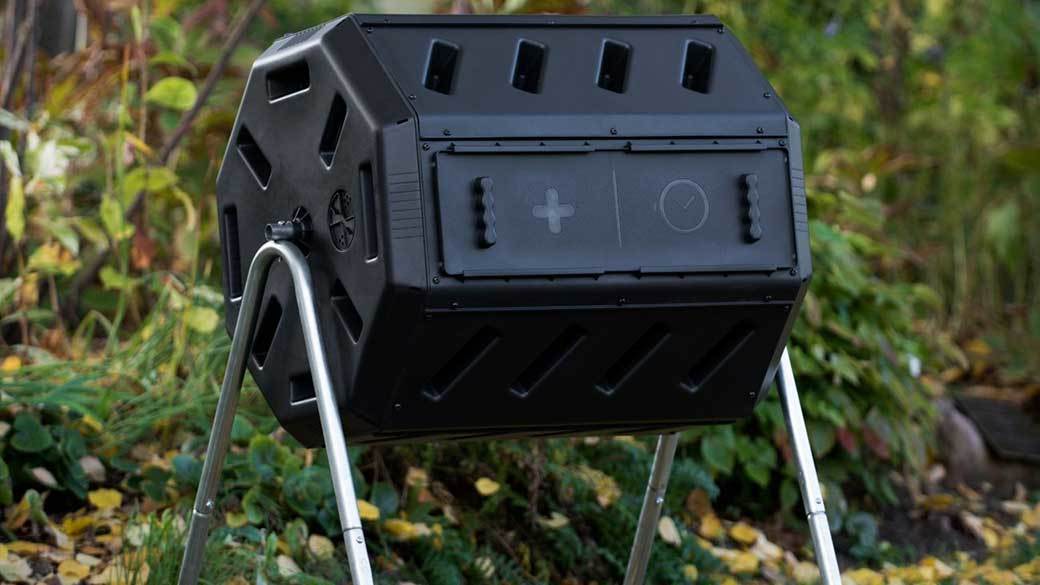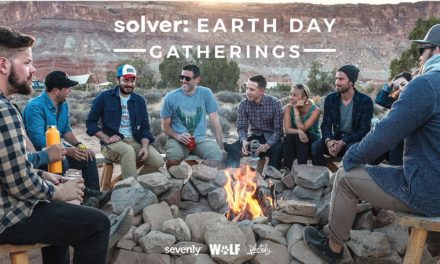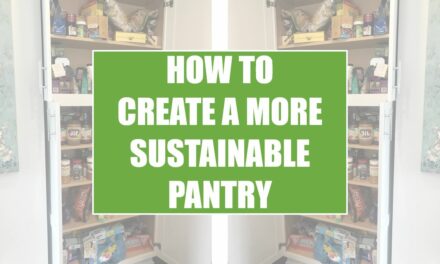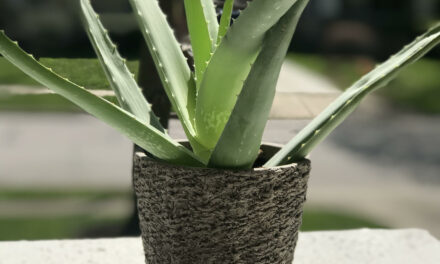Initial thoughts about composting
When I first heard of composting, my initial thoughts were you needed a lot of yard space to make a compost pile, it was smelly, high maintenance, and the materials needed were complicated. My only personal experience before composting was my grandpa’s giant yard waste pile in the back of his property. After mowing or raking up leaves, we would dump everything onto the pile, and it would naturally decompose so he didn’t have to bag it. So any composting beyond that seemed much more complicated to me and required a vast knowledge of gardening and chemistry that I do not possess.
Or so I thought.
You have probably seen a lot of social media accounts posting about composting. Or maybe you have a family member, friend, or neighbor who always grows amazing fruits & vegetables and they say it is because they use compost in their garden. I know I definitely have been seeing it everywhere and have a few people in my life that compost. Personally, I have a goal to learn more about gardening. I would love to be able to grow a successful garden and solely rely on my own produce especially when you think about how many e.coli outbreaks we have each year. Not to mention the amount of pesticides and chemicals the farming industry uses contributing to algal blooms in the Gulf.
I started composting shortly after I began juicing. I was inspired by the documentary “Fat, Sick, and Nearly Dead” (free on Netflix- it’s a MUST SEE).
I didn’t realize how much food pulp juicing generates and tried looking up recipes to reuse them. Let me tell you… there’s only so many pulp patties a girl can eat. So, I was throwing them away and feeling guilty about how much I was wasting. Did you know that 30% of food is wasted and contributes to 8% of the global greenhouse gas (GHG) emissions? 8%?! That’s a huge chunk, and I was contributing to it. That didn’t feel right to me or align with my sustainability values.
If you are in the same boat and have been teetering back and forth between composting, READ ON. It is simple, and anyone & everyone should do it.
Benefits of Composting
You’re probably thinking.. what’s in it for you and the environment? Why should you start composting today? See the list below:
- Reduce global GHG emissions – As stated before, food waste contributes to 8% of the global GHG emissions. The food scraps you throw away will eventually end up in a landfill producing methane, one of the most potent GHGs. By choosing to compost, you will help reduce the amount of organic waste thereby reducing GHG emissions.
- Lower your utilities bill – Composting your food waste will help lower the amount of garbage you throw out weekly. If you have less waste, you probably won’t need a trash pick up every week. Some utility companies will reduce your trash fee if you call and switch to a biweekly service.
- Food for your garden – Compost provides a source of nutrients for your garden which will help your produce grow. Having more produce = less money you need to spend at the grocery store. If you think about it from a financial perspective, composting your food waste is really getting your money’s worth out of the vegetables you purchased/grew.
And many more. If saving money, being healthy, and cleaner air isn’t enough to convince someone to compost, I’m not sure what will.
Choosing Your Composter
After I decided that I was going to try composting, my first thought was, “What am I going to put it in?” Valid point. I still thought you needed a huge plot of land, or at least that was what the initial YouTube videos told me. I started searching for “small scale composting” and found a plethora of options. You can even compost in your apartment.
You do NOT need a huge amount of space to compost. You just need a container that will allow the bacteria breaking down your food waste to receive oxygen. You also need to be able to turn it once in a while. It is also nice to have a composter with two compartments so that after you fill one side, you won’t run out of space. By the time you fill up the other side, the first compartment should be ready to use. I found a small rotating dual compost bin on Amazon for about $130, and I LOVE it. It is so easy to use. Here’s the link to the one I purchased. I just dump my food scraps, close the door, and rotate. That’s it.
What Goes in a Composter?
Now that I found my composter, the next step was to figure out what should and shouldn’t be composted. I thought you could compost anything but that is not the case. Basically, anything that can be grown in your yard or from a tree can be composted. Anything more complex like animal products and laminated paper products are more tricky. You want to use equal parts of green and brown waste to create a happy environment for your bacteria to do its magic. I made the following diagram for a visual representation of what can and can’t be composted.

Here’s a really good YouTube video that also explains the basics
Just checking in.. now you know the benefits of composting, which composter is right for you based on your living situation, and what goes in it. Now, you are ready to start composting! If you get the dual compartment composter like I did, it should take you about 3 months to fill up one side. By the time you fill up the second side, your original should be ready to use. Your compost should look like this:
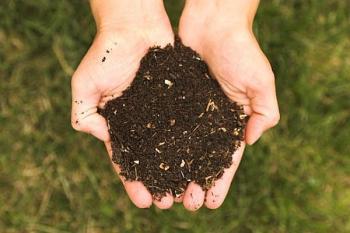
It should decrease in size to about a ⅓ of what you put in and should be a dark, grainy color. To test if your compost is ready, take a little bit and put in a container for a few days. If it starts to smell foul, your bacteria still has work to do. If it smells earthy, you are good to go and can start adding it to your garden.
I hope this article was educational and helped you decide to start composting today. Your wallet, body, and the environment will thank you! If you still have questions, YouTube is a great place to start and has plenty of videos on the basics of composting. Remember, sustainability is a journey, and we are all in this together. Just compost and chill.

